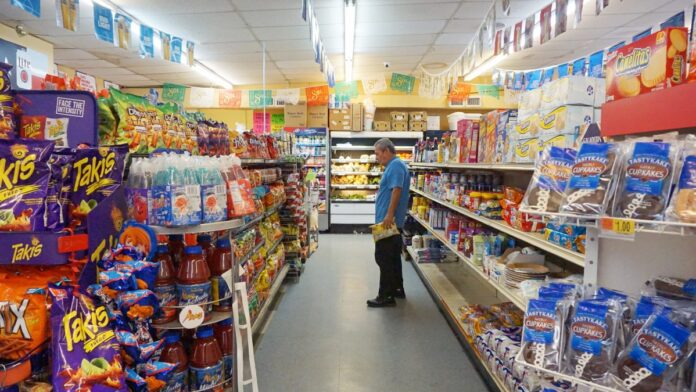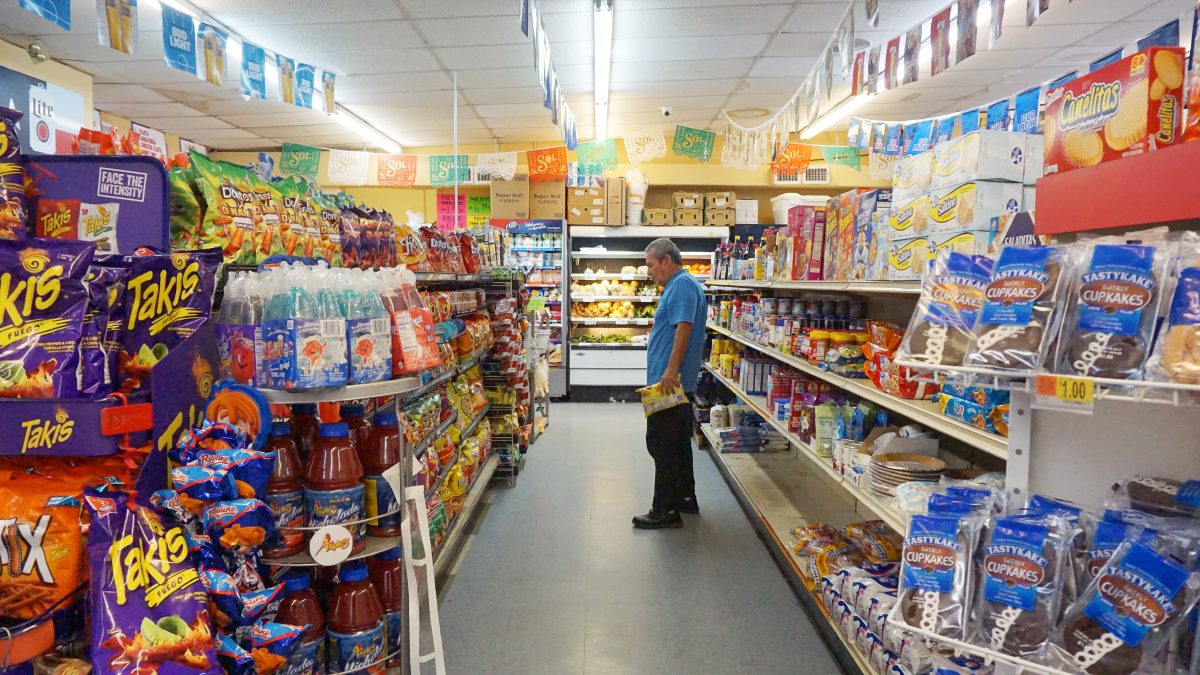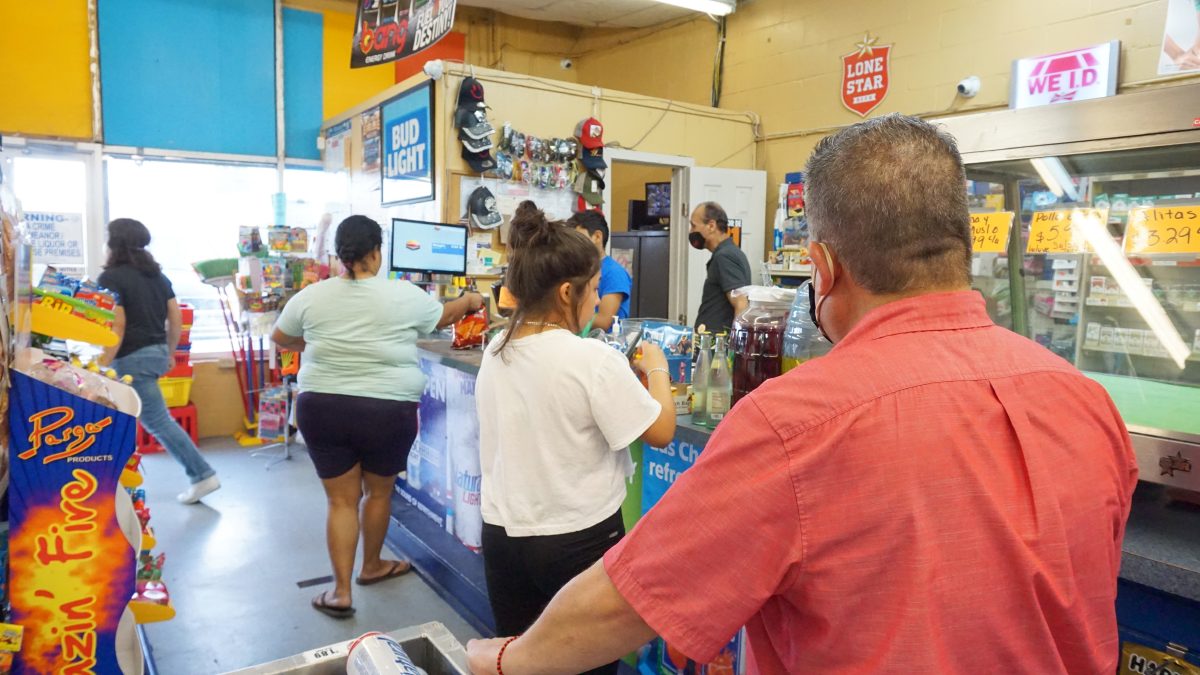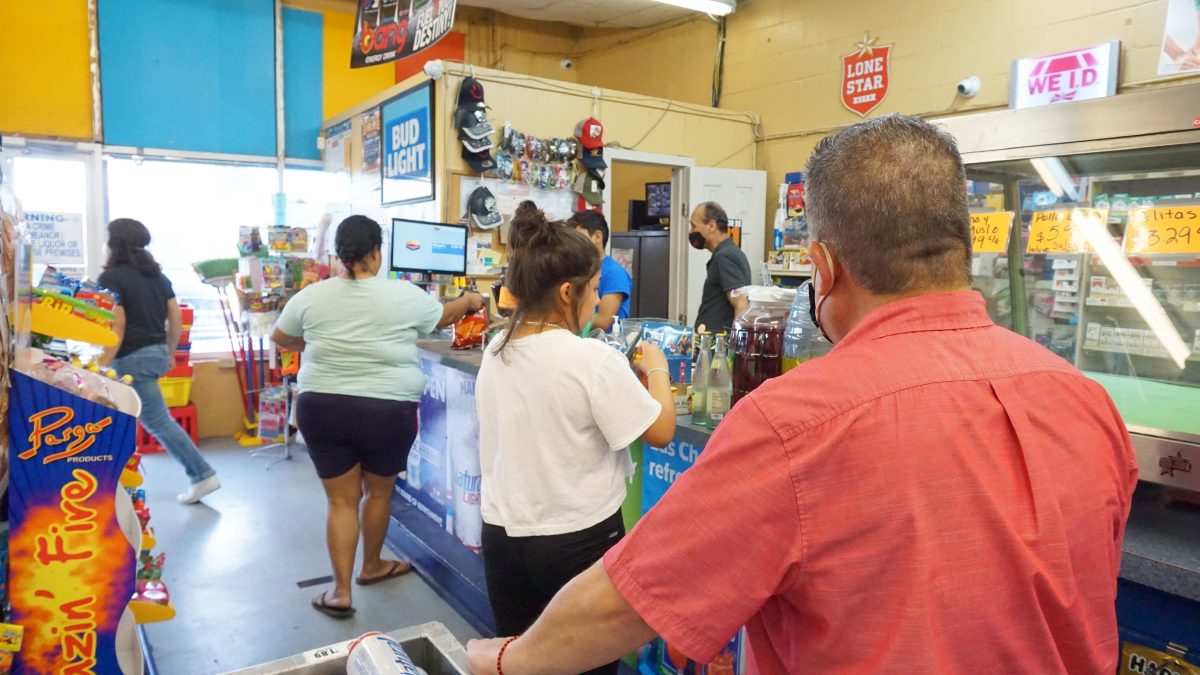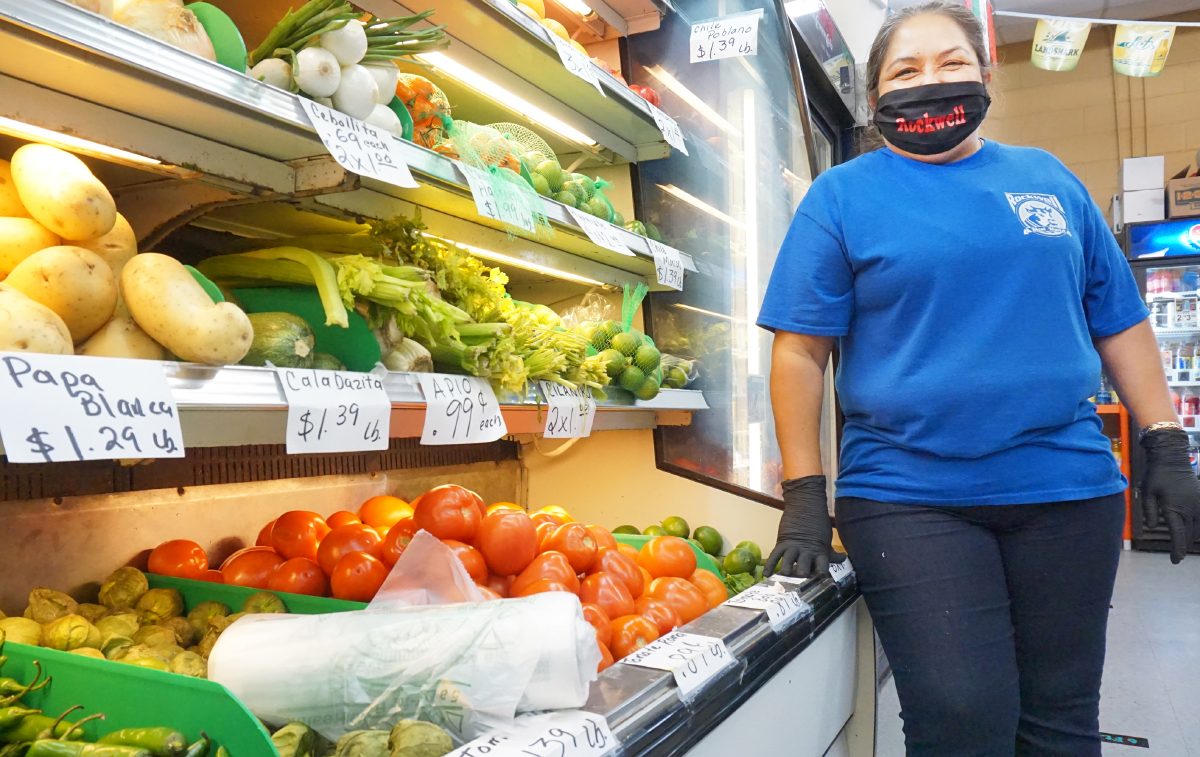A study published this month ranked Brownsville among the 25 cities in the United States where the fewest people can work from home. The study highlighted concerns that workers in low-wage, essential jobs are on the front lines of the COVID-19 outbreak without the ability to maintain proper social distancing.
According to the study, published by SmartAsset, the company combined information from the Bureau of Labor Statistics Job Flexibilities and Work Schedules survey with data from the U.S. Census Bureau to estimate the percentage of cities’ workforces with the ability to work remotely, according to the company’s website.
All in all, it found that less than one in three Americans can work from home. Rates of employees able to work remotely differed widely between white-collar and blue-collar jobs, with the study finding only 10 percent of the blue-collar workforce are able to work remotely, in comparison with 40 percent of workers in white-collar professions.
Brownsville ranked number 18, with an estimated 15,232 employees who can work from home and a total workforce population of 72,373 individuals. City-wide, that means nearly 79 percent of Brownsville’s workers must leave their homes and report to work.
Locally, the closure of non-essential business and altered operations for essential services has sent employers into instability, explained Esmerelda Villarreal, president and CEO of the Brownsville Chamber of Commerce. “We have a membership of 500 as a chamber. Initially, out of those 500 businesses, 75 closed that were non-essential.”
Villarreal explained that even many essential businesses have been forced to lay off workers. Some, she said, have decided to close their doors permanently. “We know of hundreds and hundreds of jobs that have been lost during these difficult times.”
“It’s a difficult situation, especially for our smaller businesses, to let go of their employees. They are responsible for feeding and assisting those families. It’s a crisis. How long is it going to take to build ourselves up? I don’t think anyone has an answer yet. But we will,” she assured Brownsville residents.
Stella Diaz, who has owned The Hair Gallery for 28 years, said her four-person staff is out of work for the time being. Salons are not considered essential and hair stylists are not legally able to work from home. “My girls are self-employed. In order for me to keep the business going, they pay rent for their chairs. It’s very difficult knowing they’re not going to be able to pay rent,” she said.
Diaz is hoping to obtain a small business loan to continue paying utilities and bills in an effort to create a smooth transition back to normal operation. In the meantime, she’s been in contact with her four stylists — Rita Lapeyre, Lulu Martinez, Lisa Montiel and Patti Rodriguez — who she says are like family. “I make sure they’re OK, talk to them. They all seem to have what they need,” she said.
Those who have managed to hold on to jobs at essential businesses like restaurants, grocery stores, daycare centers, pharmacies, and in public works must venture out into the community and place themselves at risk on the front lines of the crisis. Nora Jaramillo, manager of Rockwell Grocery, said the business has actually hired more staff to keep up with demand. “Right now, we feel confident because we see that everyone is healthy and when we talk with customers, they tell us those who are at high risk are at home,” she said.
“We are not letting kids come inside, we are asking for people to practice social distancing as it is required, and we try to make our customers feel safe and welcome.”
Jaramillo thanked her fellow front-line workers. “We are all exposed being outside of our homes and interacting with people who may have the virus without knowing. Those who can stay at home please stay at home, because we would like to stay at home, too, but we have to come to work,” she said.
Brownsville’s childcare and adult day care workers are arguably some of the most essential employees in the area, explained Cynthia De La Rosa, owner of Happy Kids Childcare. “It’s a difficult job. It is hard and it is stressful what we’re doing right now, working with one hand sort of tied behind our backs,” she said.
De La Rosa said the number of kids staff is caring for has halved since shelter in place went into effect late last month. She cited challenges keeping up with food requirements, like the mandatory milk element, because there are only certain amounts individuals can purchase every day. “We have to go to the store a couple of times a day just for one gallon of milk. It’s hard, because you’re still exposing yourself and you have to come back and take care of kids,” she said.
Staff has been working around the clock to sanitize and keep kids safe and healthy. Parents are being kept outside because there’s no way to know where they’ve been and who they’ve interacted with. “They know we’re healthy, we’re keeping everything sanitized, we’re keeping everybody safe, and we’re providing them with meals. They’re not stressing over having to be out buying,” she said.
“One of my parents — she’s a single mom with two kids. It’s difficult to go buy groceries because she can’t be out with her kids in the stores. She says she feels safer and more protected with her children here.”
Thomas Garza, pharmacist and owner of The Medicine Shoppe in San Benito, said his pharmacy was one of the first to implement proper protective measures when news of the virus spread last month. Personal Protective Equipment (PPE) has been nearly impossible to source, but the pharmacy already had sufficient gear like gloves and masks in stock. “One of my staff in San Juan saw on Facebook that someone was making masks with their printer, so we bought some from them and I have a couple at each store just for the drive-through clerks to have a little bit of extra protection,” he said.
The store is operating via its drive-through window, phone, and video. “People need their medications and need us for advice and over-the-counter things. We want to make sure we’re healthy enough to stay here for them and not catch this, if we can prevent it. It’s hard to have folks walking in and out of our lobby all day long, touching the credit card processor, sitting down in chairs,” he explained.
The family-owned stores have been able to continue operations and maintain staff. Employees wear PPE and are subject to daily temperature checks. “Fortunately, our staff — they know what they signed up for. We are the most accessible member of the healthcare team. It’s a blessing and a curse,” said Garza.
Alyssa Cavazos, director of the Center for Teaching Excellence at the University of Texas Rio Grande Valley, explained how the crisis has created the need and opportunity for professors to re-focus teaching values and how those are conveyed to students. “With all the support and resources that I have, I need to be able to recognize that my students may not have those same resources. Our assessments need to change. Our flexibility with deadlines needs to change. If a student submits something late, I’m not going to take points off. We’re all dealing with things. We see the news. We have family members that may be sick,” she said.
According to Cavazos, professors have been provided with letters stating they’re essential employees if they need to go to campus. Student services labs remain open. Transitioning to an online space has been challenging, however, because not all students have access to internet, and professors have to create alternative plans to accommodate rapidly changing needs.
As the economy and its workers feel the weight of the crisis, Workforce Solutions Cameron has been fielding roughly triple the amount of calls than usual, explained Executive Director Pat Hobbs. His colleague Henry Castillo, Workforce Cameron’s regional director, said the majority of questions they’ve received are from workers and employers concerned about unemployment insurance. “Unfortunately, the local workforce center does not process unemployment claims. That is done through the TWC Telecenter, and it can also be done online through a portal,” explained Castillo.
Castillo said the systems were not set up to handle the volume of claims that are coming in. The office is suggesting those seeking to apply for unemployment insurance to do so during overnight hours, when traffic on the website is not as busy. “We are still getting calls every day. I’m sure the number is a lot higher, but from the businesses we’ve spoken to about layoffs, we’re looking at 500 to 600 affected workers.”
The office has received calls from employers saying they’ve asked staff to work, but staff is refusing to do so out of concern for their safety. “This has been rare, so far. We’ve been referring those individuals to the TWC’s labor law division to get specifics on their situation.”
Those who quit their jobs in the State of Texas may be eligible for unemployment benefits due to “unsafe working conditions,” according to TWC’s website.
Castillo confirmed that restaurant workers have been hard-hit as owners are forced to reduce staff. Other professions seeing severe economic challenges include cleaning services, nail salons and barber shops, staffing companies, fitness centers, auto sales, and daycare centers, according to the director.
Workforce Cameron has been providing information and updates on benefits and resources via its Facebook and Twitter accounts. Castillo specified that the office’s subsidized childcare program will be open to more families as the CARES Act raised the income threshold for families that qualify. “We do have a limited amount of funds. But, I think it’s important for people to know. After two days, we got 50 applications.”
The offices are serving customers through phone, email, text, fax, and any form of communication necessary. Despite the circumstances, Castillo said there are still jobs available in the Valley. “Any job seeker that calls our office interested in work — there are jobs out there. If you are able and willing to work, and if you’re interested, we can help match you and refer you to employers who we confirm are hiring.”
Staff writer Nubia Reyna helped with translation of this story.

